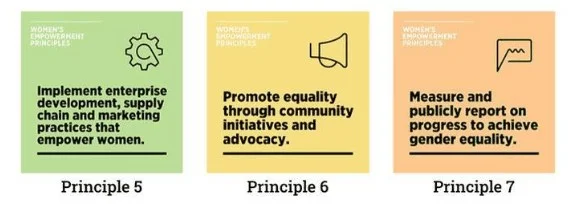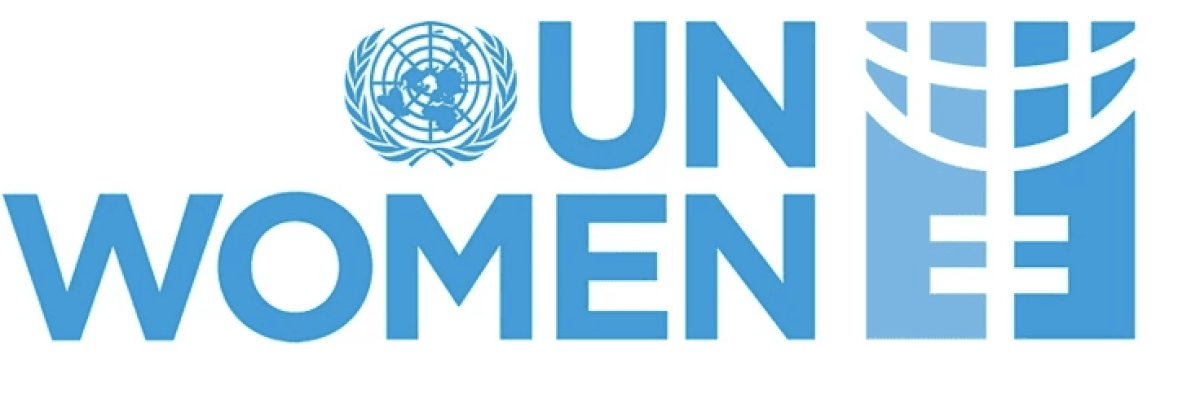Genevieve Sage, UN Women’s Empowerment Principle’s Administrator
As a working single mum of a 1 year old, I qualified as a secondary school teacher and found myself teaching full-time and being a full-time mum. During this time, I represented New Zealand in the sporting arena. I have also been fortunate enough to work in the top schools in New Zealand and I have met some wonderful people along the journey. However, I have always been ambitious, and I wanted to step up and move into a management role, so I took on an educational consulting role in the Middle East to enhance my chances of promotion when I returned to New Zealand. This eventuated in lower paid roles when I returned to New Zealand, so I decided I needed more education than a BSc and Grad Diploma in Teaching Secondary. I went on to complete an MBA, while working full-time as a single mum.
After completing the MBA, I called an agency and said I was interested in management roles, the person on the other end of the phone told me that I would probably have to start by “getting the coffee”. It was at this point that I wondered, what on earth is this all about? So, I decided I needed another qualification and so it goes. Here I am saying to you that something was wrong with that picture.
I saw a problem and I wanted to do something about it, it is not right and it’s not part of my vision for New Zealand.
In my role as the administrator, I promote gender equality through action. Along with the NZ WEPs committee I help organise the annual White Camellia Awards for gender equality as well as best practice events showcasing some of New Zealand’s top businesses, who lead the way in gender equality practices, for example Simpson Grierson, AIA and ANZ.
Why empower women?
Empowered women are essential for strong economies and communities. Around the world, companies are recognising the vital importance of women’s equality in driving forward their business goals. The benefits to business are significant. A recent McKinsey Global Institute report found that US$12 trillion could be added to global GDP by 2025 by advancing equality for women.
Governments are also calling on business to take a lead on women’s equality, as studies show that gender equality in society is not possible without gender equality at work.
In New Zealand, women continue to confront discrimination and exclusion in the workplace and are on average paid less, with fewer numbers of women in management roles and fewer female directors. Today, a typical male in New Zealand earns about 12 percent more than a female.
The NZ WEPs also provide some good practice examples from New Zealand businesses. Whether you are an international corporation or a small business, our guidance aims to offer straightforward ideas that can be adapted to suit your needs. The NZ WEPs uses the seven Women’s Empowerment Principles as its foundation.
The seven women's empowerment principles


The United Nations Women’s Empowerment Principles is the largest business-led gender equality initiative in the world. It is endorsed by more than 2900 business leaders from over 80 countries, and over 60 chief executives in New Zealand. The Principles are the result of a collaboration between UN Women and the United Nations Global Compact. They offer seven steps to guide business on how to empower women in the workplace, marketplace and community.
Women are significantly underrepresented in business leadership and there are very few female CEO’s among the country’s top 50 public companies. It is clear that more must be done to address these inequalities. It requires employers to establish a wide ranging, systematic strategy that is implemented over the long-term. Ensuring the inclusion of women’s talents, skills, experience and energies in the workplace requires intentional actions and deliberate policies. The NZ WEPs can assist your business to set out a plan to help you take action on gender equality in your organisation, whether you are just getting started or already have some initiatives in place. We provide a comprehensive, systematic approach to implementing a strategy, we help you set goals and analyse your performance.
Expressly tailored for business, the WEPs provide a comprehensive approach to achieving gender equality. There are so many avenues to get involved.
How to get involved with WEPs
- Sign the CEO Statement of Support for the WEPs and lead by example.
- Use the 7 Principles to assess company policies and programmes.
- Develop an action plan to integrate gender into existing reporting mechanisms by identifying benchmarks and indicators.
- Communicate progress to stakeholders and take on board the WEPs reporting guidance.
- Connect with fellow businesses and other stakeholders to raise awareness about the WEPs and promote their implementation.
- Share good practices and lessons learned with others.
- Support the WEPs initiative




